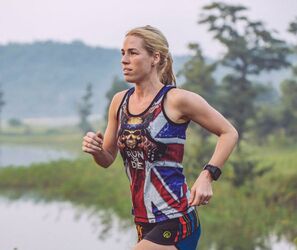 Decades ago the first fitness tracker came onto the market as a pedometer. Then came the heart rate monitor. Even the simple fitness watch with just stopwatch was an incredible asset to runners for decades. In fact, that is where I started; running on a 400 meter track and keeping splits from my watch in my head to figure my pacing. As my distances got longer, I learned to calculate distance by my pace splits. It is something I still do in my head to this day. But I love how much technology has helped us take the guesswork out of our movement patterns, motivating us to move more, giving us a realistic look at our input and output. Call me a loyalist, I have used Garmin for almost a 17 years, but that doesn’t mean I have haven’t tried other brands. In fact, when fitness tracker companies such as Jawbone and FitBit came onto the market, I tried them out to see what type of data they had to offer and to be able to have an honest opinion when clients and gym members when they asked me for my professional opinion. At the time I was currently using a Garmin Forerunner as well for my triathlon training and competition. I found them to be of great motivation for daily basics of wellness. But as soon as Garmin put out their vivofit, I had it on my wrist within a week of its launch. It was the integration of data with Garmin Connect and other apps which I found to be superior. I spent months tracking gym members and asking them what they were doing with their data. Most of them said, “I just try to get to 10,000 steps like they say.” I always like to ask who is ‘they’. No one really seems to know. Regardless, it was a good start and more importantly it was great to see members were becoming more conscious of the need to move more, thus creating a change, a new good habit. This was good. But what else could you do with that data collected? This is where fitness tracking really got personal and interesting to me. Living in the heart of Chicago, walking to work every day, training for triathlons and teaching fitness classes five days a week kept me very active and allowed me to be able to eat more than the average person. Months before I made my full time move to India, I knew my work habits and movement patterns were going to change drastically and we all know we don’t have the friendliest walk about cities here in India. On top of that, my food was going to completely change to an Indian diet. My lifestyle was about to change and I didn’t want to become less fit or gain weight based on less movement and different meals. I was proactive and gathered 4 months of data from my Garmin vivofit. 1. Steps: daily, weekly and monthly
2. Sleep: how many hours a night I averaged and the percentage of deep sleep I was getting.
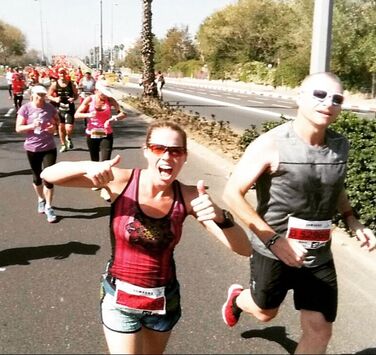 The data I gathered was fundamental to my health. My first week living in India I just allowed myself to live what I thought would be my ‘normal’ life. I immediately had to make changes. Steps dropped by over 70%. My sleep on the other hand was frequently interrupted by barking dogs at all hours of the night, which took months to be able to sleep through. It took a very conscious effort to be able to maintain an active lifestyle like I once knew. While I only average around 17,000 per day now days, I eat less and more fresh. I have not gained weight, once been sick or lost a high level of fitness. My training has changed, but also have my goals. Overall I have adapted and maintained a healthy lifestyle and a seamless transition from one culture to another without it affecting my health. Now my lifestyle consists of an extreme amount of traveling and my Garmin vivomove is an essential travel piece I cannot be without. It is my staple Garmin piece, because not only does it looks great, but also gives daily information which is valuable to everyone and anyone who wants to live a healthy lifestyle. The way Garmin Connect integrates to all I do with helping me maintain my lifestyle is incredible and unlike any other brand I have tried. I love my other watches like my Fenix and even my old Forerunner (which I have used to the point where it might be on its last charge), but these are for my training. They give an entirely different level of data and information which I will write about at a later time. Fitness Trackers give us a realistic look at how we are truly living our life. When we humans were made to move and we live in a society which restricts us from that, they really can help us maintain and improve our quality of life. Having qualified trainers and professionals who know what to do with that important information and help you assimilate it even makes the purpose of tracking more valuable. How do you use the data you collect? I have had a lot of opportunities over the years to get to work with other companies who works with tracking technology and have always turned them down. To me, I was hoping I get an opportunity to be tied to the Garmin Brand. Being a consumer of the brand for this long, nine watches and two GPS devices later, I am delighted to stand by the Garmin name.
0 Comments
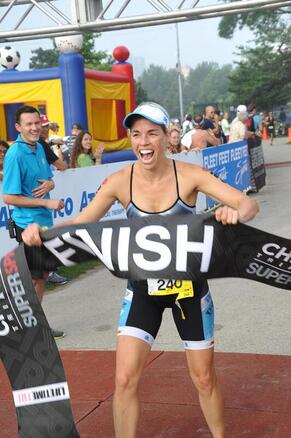 My head has been spinning for the past few months as I have quietly observed the number of fitness 'experts' and 'coaches' who have popped up because they know how to market themselves, have followers and likes or have finished a marathon or Ironman - it is mind blowing. For the number of amazing experienced coaches and trainers who have spent decades fine tuning their craft, I understand the frustration to being pushed aside for not playing the popularity game. I do a lot of 'fixing' these days after these new 'popular' trainers and coaches have had their hands at newborn athletes. I thought it might be of benefit to give you a few things to think about before hiring a coach or trainer. You really should conduct an interview with the person who is going to take over the management of your Health and Fitness Program. That is a huge responsibility and your health is a lifelong investment, so know who you are hiring. Anyone can become a certified personal trainer if they know how to take a test. TRUE. So it is easy for someone to appear intelligent about what they are saying if you haven't studied exercise science or physiology. There is a huge difference between theoretical and practical training. Just because one program works for someone, it doesn't mean it will work for you. I did an interesting study a few years ago at a very popular gym in Mumbai on trainers. I spent a week observing trainers working with their clients, all while running endless hours on a treadmill. Every single trainer gave all their clients the exact same program. The only variance between women and men were the women got lighter weights and more reps. Same exercises, same type of programming for everyone each day. That is NOT personal training. I have competed in over 100 races throughout the years in distances from 5km road races to Ironman distance triathlons. I have made it to the podium in over half of those, most all being in Sprint and Olympic triathlons. I have taken 3rd in US Nationals in two different events and 13th at World Championships and know what it takes to train to compete and win, not just finish a race. I started running at the age of 12 and haven't stopped for 30 years. Every sport I did became a study of biomechanics to gain an edge over my competitors, which eventually lead me to a position as Star Trac Coach. I have spent over 15 years working in the fitness industry constantly working to improve myself as a coach and sharing as much knowledge and education as I can - giving real science and not theoretical information to clients and other trainers. So what should you be looking for?
I wanted to share with you a site one of my friends started for the endurance athlete in this era of Covid19 Social Distancing, called The Social Distance Athlete. Over the next few weeks there will be posts with tips and support for the endurance athlete during this time. I wrote an article for them which I will share an excerpt...
Congratulations, you have been forced into home quarantine! Isolated from the outside world. Your gym is now shut and you have gone near mad in the first 48 hours. But wait…aren’t you a triathlete? Didn’t you take up a sport which requires you to spend endless hours on the bike solo? How many conversations have you had with your friends with your head in the water as you swim lap upon lap staring at the black line in the bottom of the pool? How many mornings have you gotten up before the rest of the world to get in your miles of that morning run? Just to make my point clear; You chose a sport where you get penalized for spending too much time along the side of another rider! You are a Triathlete! You have been training for this social distancing/isolation/quarantine all along!... |
KimberlyA health & fitness professional since 2003 and has worked and presented globally in her field of work. more... Archives
April 2020
Categories |
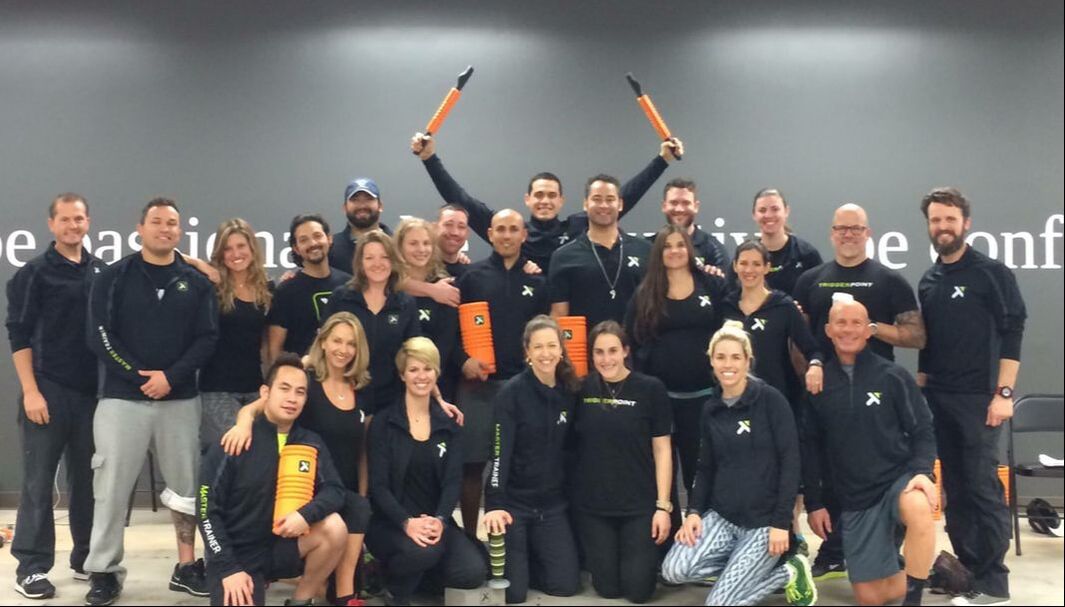
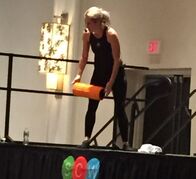

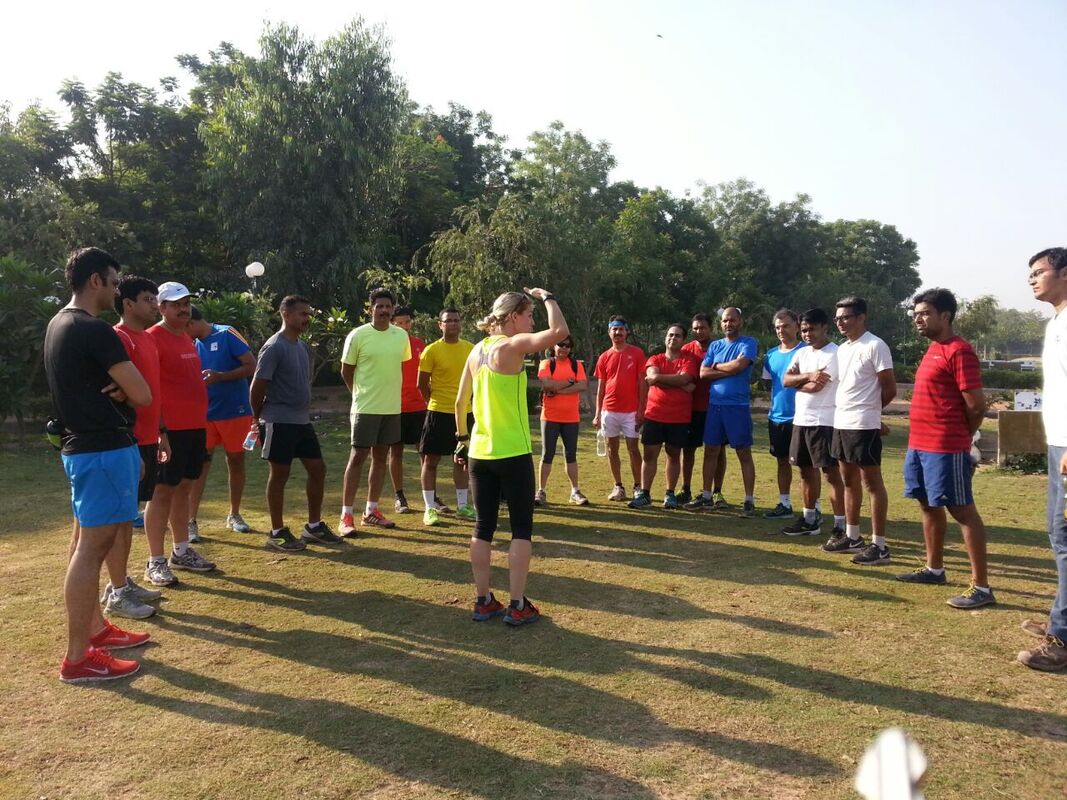
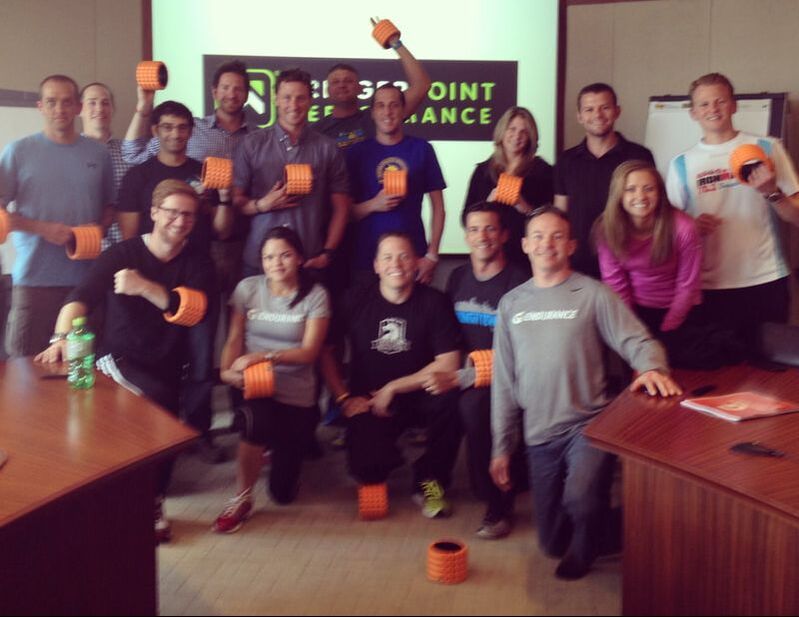
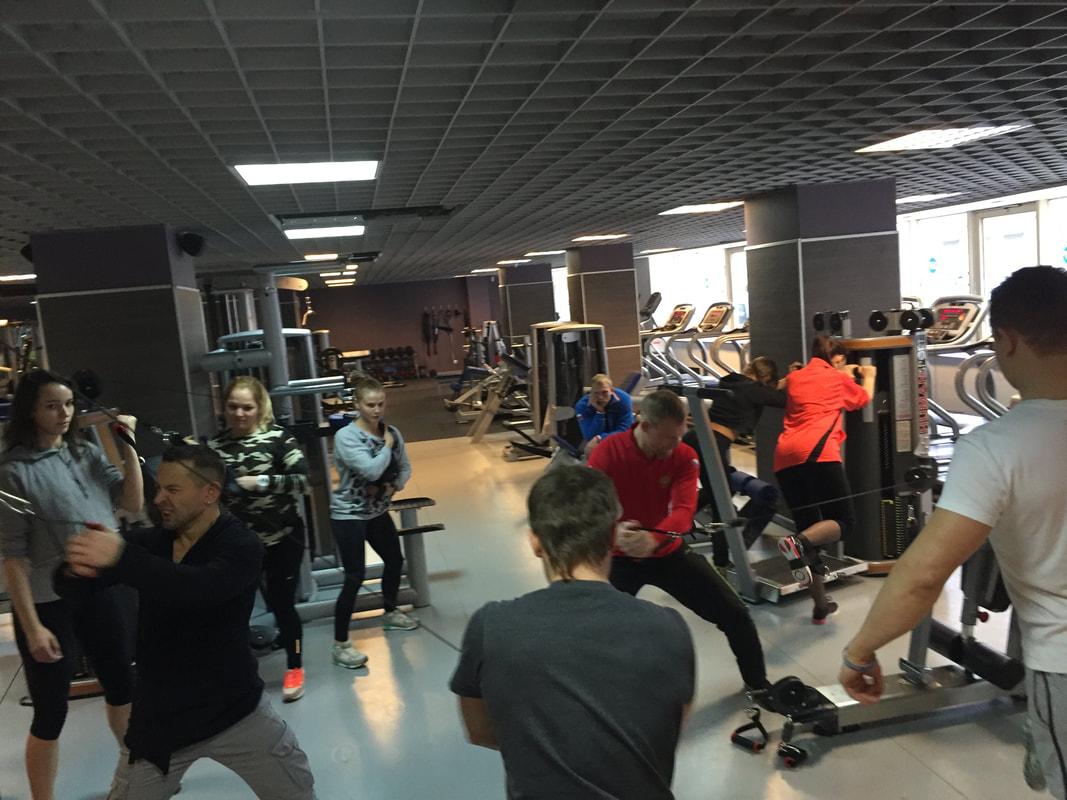
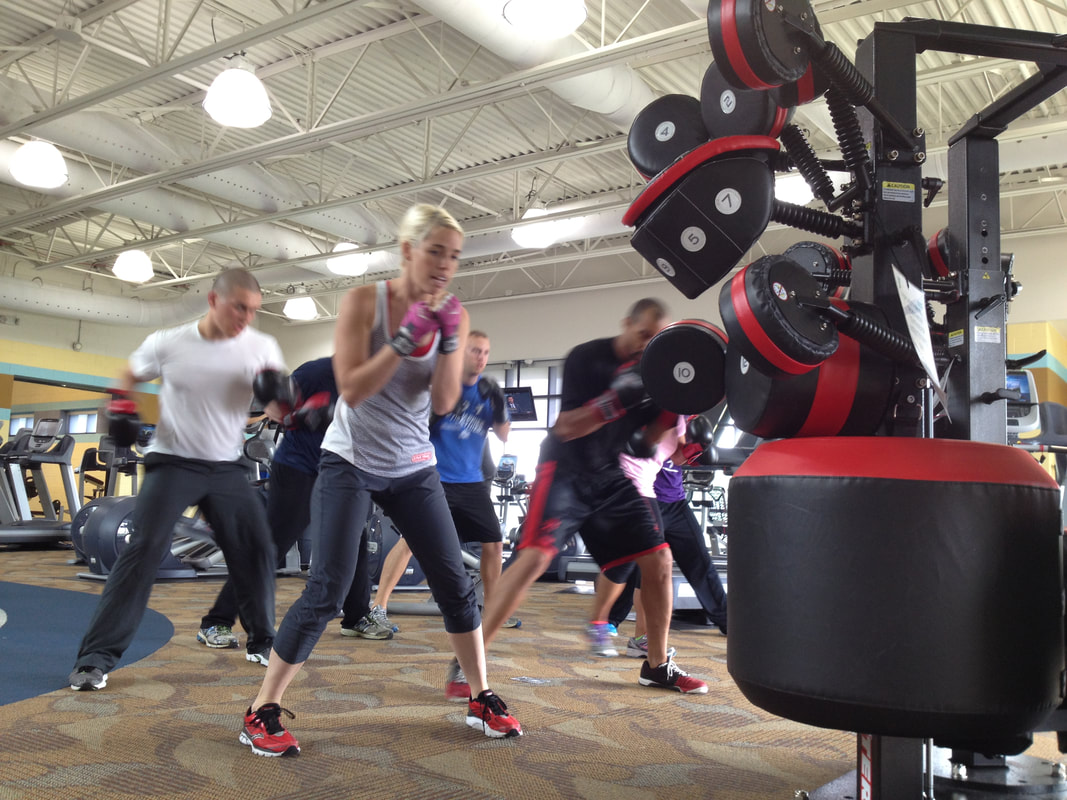
 RSS Feed
RSS Feed